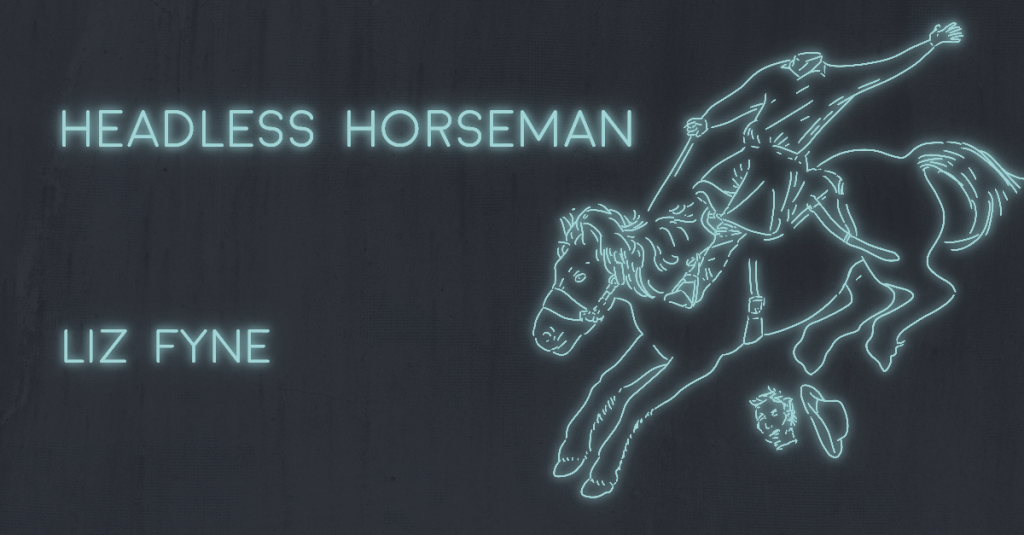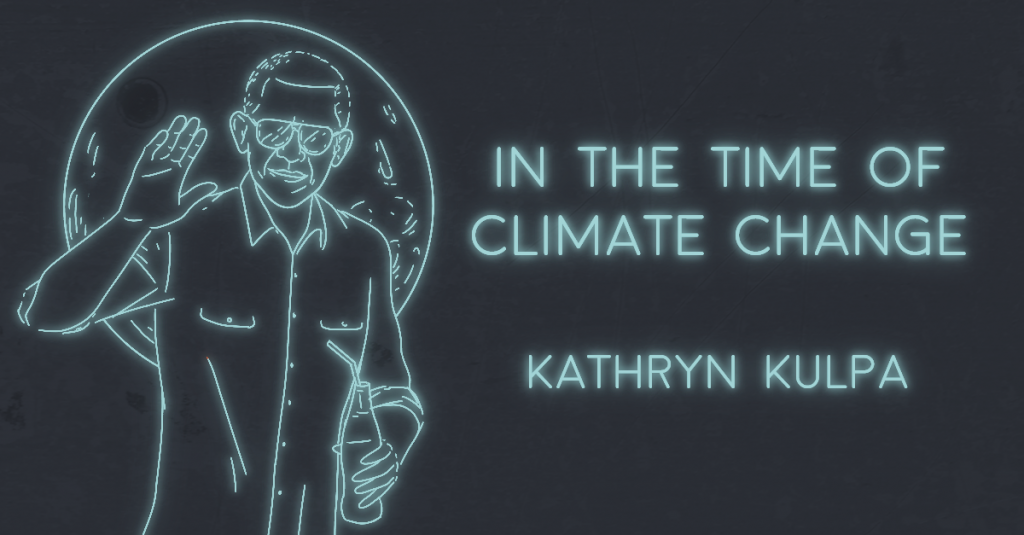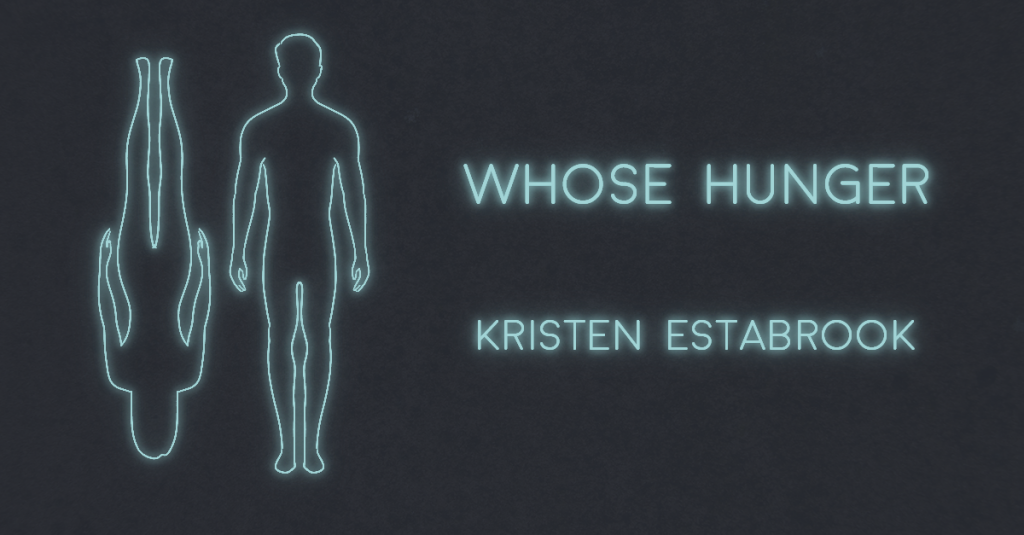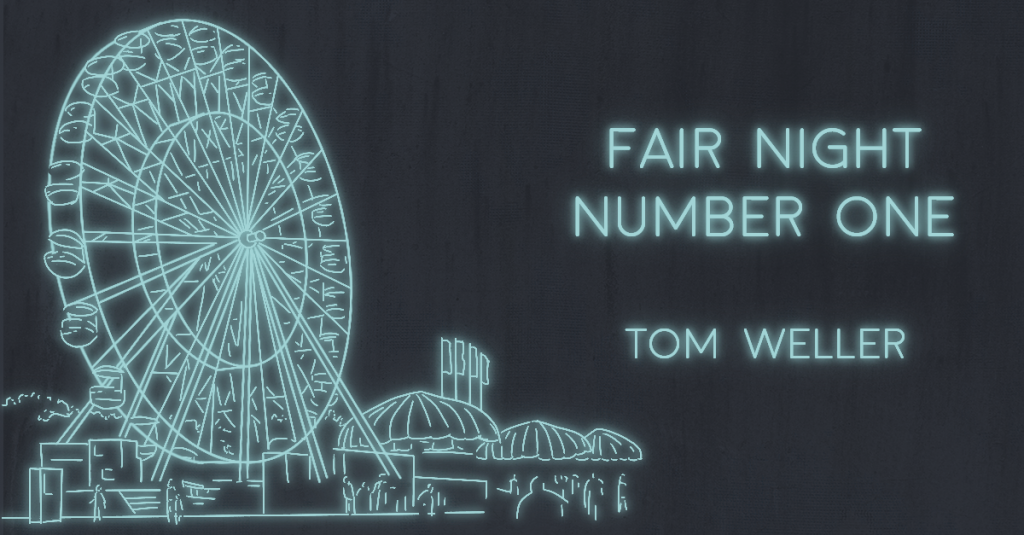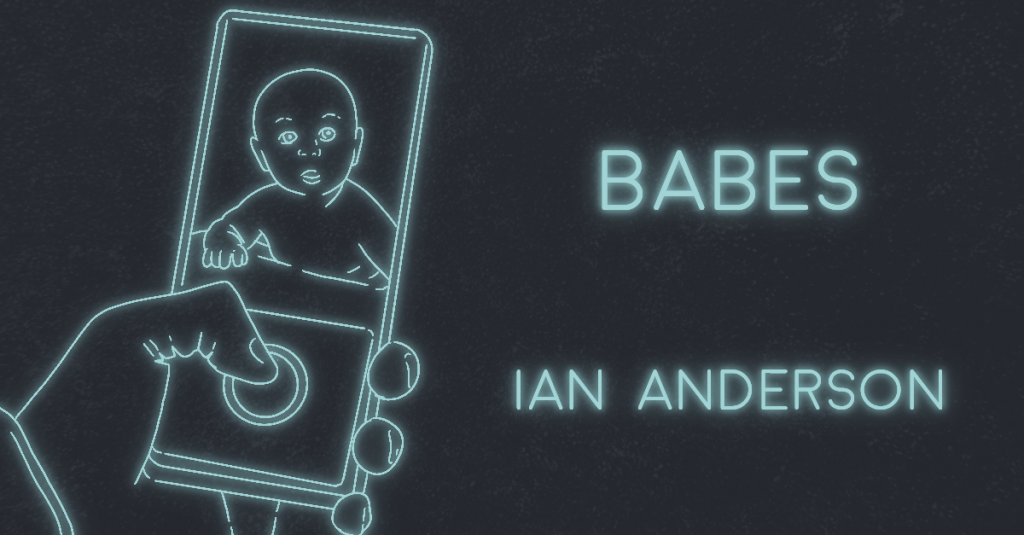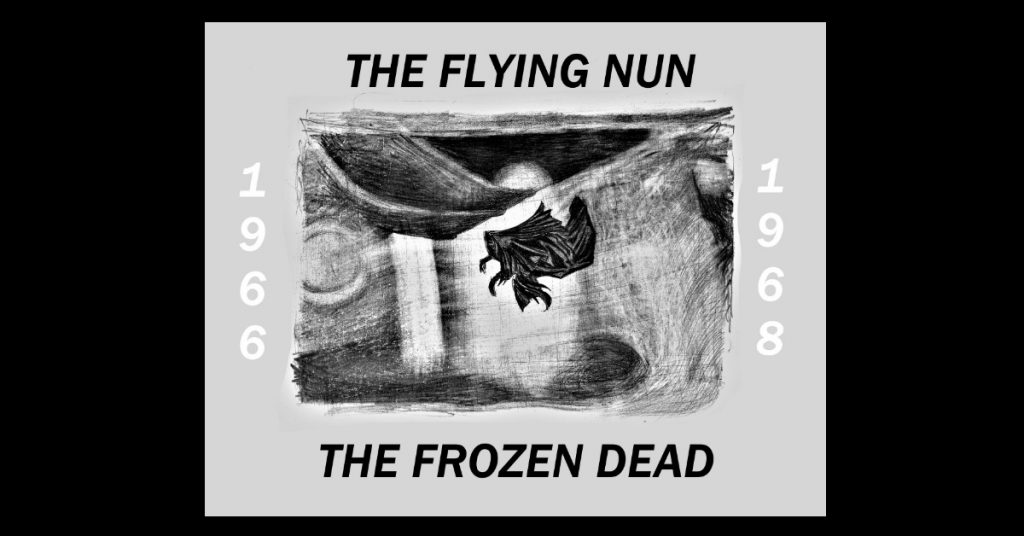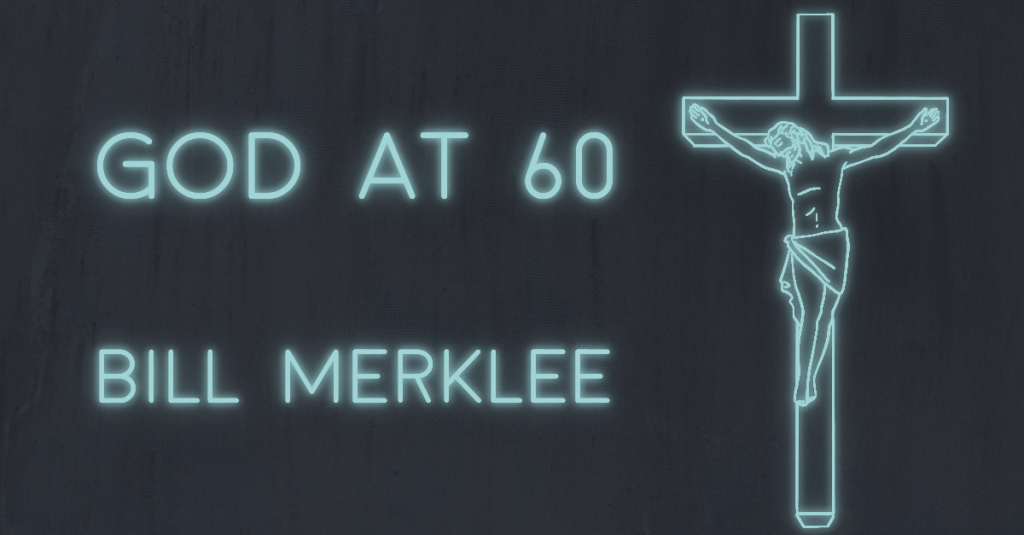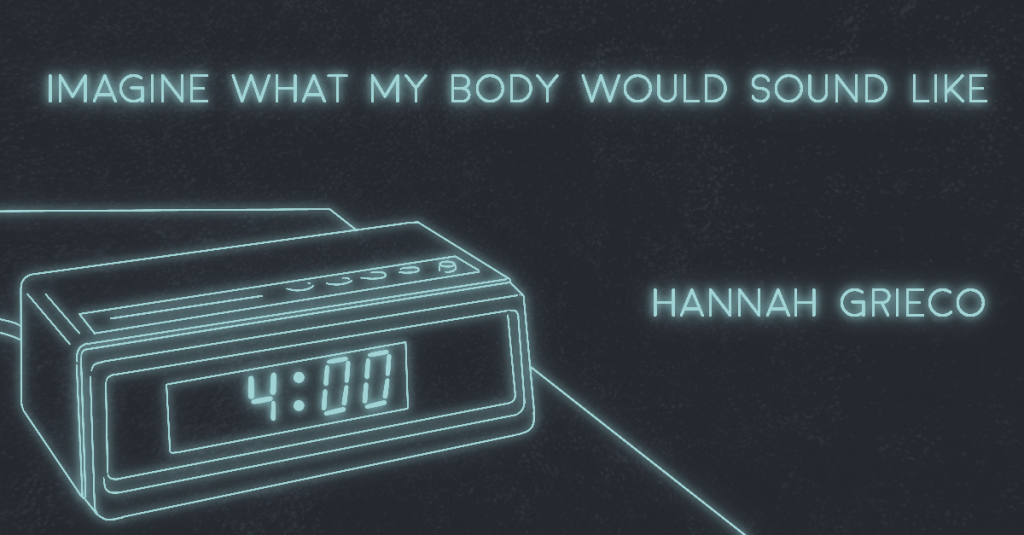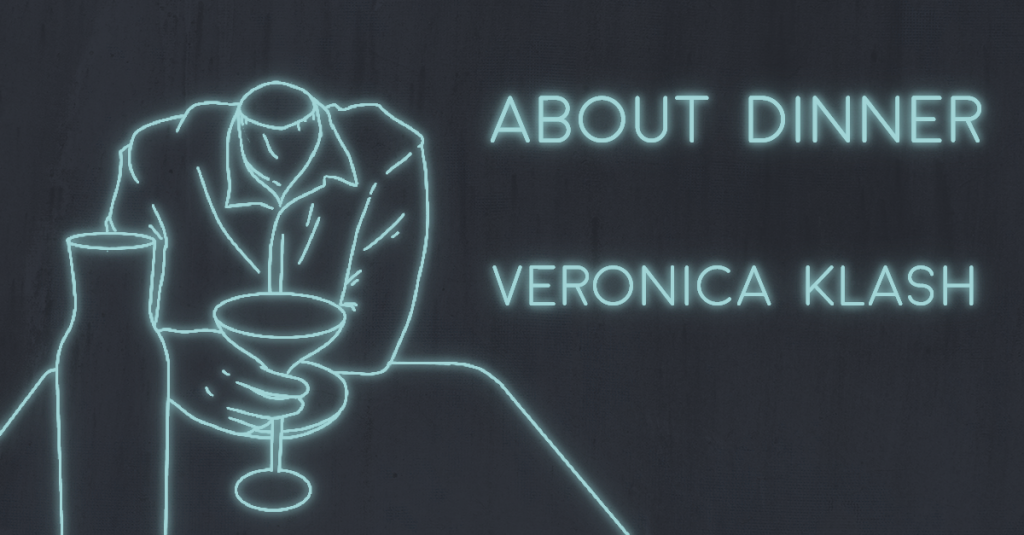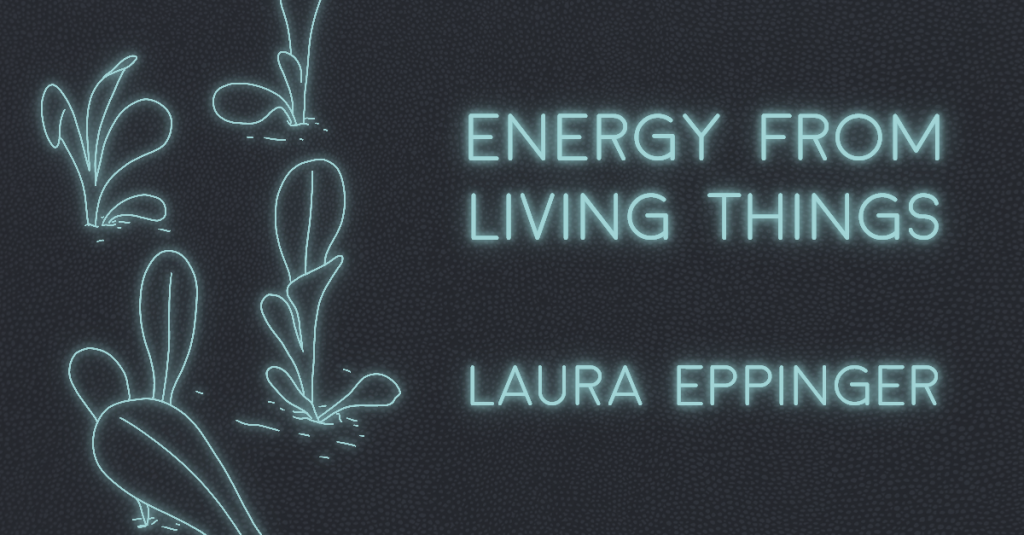I examine the head of lettuce because he tells me to, but I don’t know what he wants me to see. Broad romaine leaves the color of spring rest outside his canvas shopping bag, sure. Just a few minutes ago, John shouted at me for putting my slicker on the wrong hanger in his coat closet, or through the wrong loop inside the jacket. It’s hard to keep track, since I needed to kick my muddy boots off before stepping through the front door. I thought I was following all the rules, but I missed another one, and this time instead of lecturing, John shouted. Hard to let that go and focus on unpacking groceries now.
He pouts his thin lips at me, pale eyes seeking confirmation.
“The roots,” he says, and then I recognize a clump of brown beneath the while neck of the bunch.
“That’s sad,” I say. I’m sad, still waiting for an apology I know won’t come.
“Do you think it’s alive?” John asks, running one long finger over a single hair of root. “Should we plant it in the alley?”
Just behind his left shoulder, the blades of his knife collection catch a rare ray of sunlight. John has sensitive eyes so the apartment windows are smothered by blackout curtains, though sometimes a spear of light pokes through. I’ve been scolded for slicing back and forth with a paring knife, or using a ribbed one to make smooth drops with the blade.
Serrated, this task. I pick a knife and sever the roots from the leaves in a few jabs more than necessary. Have to justify my knife selection after all.
“Thank you,” John says. “I still hate that we need to take energy from living things to survive.”
He cradles the leaves in his bluish-white hands and nurses them all the way to the fridge, where they will live in the crisp-keeping box, which is always positioned on the second shelf, no exceptions. I tuck the clump of roots into the composter under the sink, using my left hand as a bib to catch any microbe of dirt that might try to fight free. Nothing will fight free, not in this apartment.
The loose oat (reusable) bag is stuffed into the grain tin and the agave syrup is tucked into the shelf, exactly where its predecessor sat.
John will now decompress from errands with episodes of anime I never get to pick but always have to watch, because being apart from him makes him worried I’m angry at him. My body sits in its usual spot in the knobby couch but my brain doesn’t come along this time.
If I could see my sister, privately, I’d crow to her that John treats the fucking lettuce gentler than he treats me. What’d you expect, she’d say, dating a lifelong vegan. We’d freeze our tits off under puffy down jackets—yeah, it’s mean to the ducks to use their body parts, but I like being warm too sometimes—and will each cigarette to last just another drag longer. We’d be in the mall parking lot, wasting the few minutes between our appointments for pedis.
There’s no good reason I can’t see her. It’s just that John will never entertain, it’s too overwhelming to have invaders over the apartment who don’t understand his systems. It takes too long to explain up-front; I’ve been here six months and I still make mistakes every day. He’s not too keen on me leaving all that much either. Of course I’m allowed to leave, but what if I wake up before his alarm goes off and my stirring interrupts his sleep cycle? What if our appetites or meal schedules get out of synch? No way could two separate dishes get cooked out of this kitchen too close to one another—it takes too long to clear the clean dishes from the drying rack, first inspecting them for any food or soap remnants, scrub the counters to disinfect them, select the proper utensils, gather the ingredients, explain the plan of attack to each other, and then get started on the actual cooking. Then cleaning before eating. Then the eating and the cleaning up after eating.
That’s not even to mention the orienting of the dining room before the meal is served. The place-mats must be aligned optimally, and the cushions! The cushions on the wooden chairs could leave behind their filmy glue, so they are removed when no one is sitting upon them but laid out over the chairs before either of us could sit down to dine.
It’s really only logical that I don’t see anyone but John and John doesn’t see anyone but me.
#
John yells at me now, all the time. Sometimes it’s a short snap he claims he can’t remember an hour later. Sometimes it’s over the phone, involving three breaks to suck up new breath, when I text him that I researched talk therapy and found my work insurance will cover it. He screams to me that he doesn’t need counseling. He screams that I exaggerate, he never yells.
He screams and then he begs me not to leave, because he has trust issues from that messy childhood. All that grief from watching his mother die. He’s trying to be a good person, he’s trying to eat in a way that causes no harm, he needs me to see how good he is being. Routine soothes him. Routine is good. I eat so healthy since I moved in, cut out drinking and ciggs—much to be grateful for.
So I feed the compost under the sink, all our little veggie scraps. The stems from bell peppers, banana peels, used tea bags—it’s a joy to squish up and squeal a little as I stuff them down with my open palm. I try to choke the life out of them, to hasten their ecstatic decomposition. Free up their nutrients so they can nourish something else. Isn’t that the noblest course? Releasing all the best parts from inside us, to be a feast for others instead.
#
I turn the black humus we’ve saved from this waste-free kitchen. I tell John I leave out the scraps for the cooperative compost pickup service, and that’s not a lie. I just don’t donate all of it, just yet. Ever since I found the hunk of roots sprouting new lettuce leaves on top, I felt hope for the first time in a long time. I didn’t let my mind wander like when John plants me in my spot so he can watch his favorite childhood cartoons again; my face points at the screen but none of the colors or shapes sink in. No, my mind was turned on this time, and even in the dim light enforced by the curtains, my eyes registered a tiny little life. All those saved scraps made it happen. Sacrifice does pay off.
That weak sprout could use the carbon dioxide, I reasoned, so I whispered to it that day.
Hi.
It was hard to think of what to say to a being that wasn’t John; I’m always trying to think of the right thing to say to John, though sometimes it makes him mad at me anyway. I like that this little bud can’t talk back.
It’s nice you’re here.
And now I linger in the kitchen after every meal, saying nice things to the lettuce.
I like you a lot.
You look great.
And today, No one should ever yell at you.
#
I’m flushing under my cardigan, checking one more time that I have the red-handled kitchen scissors in my hand and not the black-handled office scissors. Sure you can wash them with soap and water, but John does not want them mixed up.
It’s my turn to show him roots under lettuce, my turn to say Look, Look.
“It grew under the sink, in the compost bin,” I say, tripping over some of the words because I am talking too fast. “Let’s mix it in the salad too.”
John turns his head toward the leaves pulled from the composter and then tilts back to the scissors in my hand. I shake as much dark not-quite-soil back into the bin, making sure not one single speck hits the floor or the countertop. I selected the smallest cutting board to work over, which must be the right choice.
I want to meet John’s aquamarine eyes but he’s stepped out of the kitchen; he doesn’t like when I leave a room without warning, so it’s odd he’d do this now. In a flash I feel him behind me, tall and reedy. A jolt strikes me as John pulls my hair over my head as if making a high ponytail. A kiss? We haven’t touched in weeks. I close my eyes to savor this surprise.
A hear a whine of scissors opening their legs—did I have the desk scissors after all? A cold peck at my neck tells me a breakdown is coming.
